The electric car is picking up speed as consumers and governments around the world embrace these greener, cleaner high-tech vehicles. Battery technology has evolved to the point where the top-performing EVs can operate for 110 to 150 miles on a single charge — a very respectable range for a commuter. But for someone who is traveling an extended distance, finding a place to recharge remains a challenge in many places.
A countrywide EV charging infrastructure is slowly rolling out in commercial and public places. Drivers in many places can now charge their car while they are getting groceries or get a quick charge at a gas station. (How quick? The world’s fastest charger gives drivers 120 miles worth of energy in just 8 minutes.) In Sweden, however, drivers need only change their route.
A new electrified stretch of road outside of Stockholm’s Arlanda airport is specially outfitted with a charging rail that runs 1.2 miles and provides vehicles with a power boost. Energy is transferred from the rail to the vehicle via a movable arm that attaches to the bottom of a vehicle. The road is powered only when a vehicle is charging on it. When the vehicle stops, the arm and current disconnects. The system calculates the vehicle’s energy consumption, and the electricity cost is debited per vehicle and user. It’s also safe for any people or animals that might cross.
Hans Säll, chief executive of the eRoadArlanda consortium behind the project, said, “There is no electricity on the surface. There are two tracks, just like an outlet in the wall. Five or six centimeters down is where the electricity is. But if you flood the road with salt water then we have found that the electricity level at the surface is just one volt. You could walk on it barefoot.”
The road is the first in the world like it, and a test project to see how feasible the system would be for broader use in the country. Right now, the primary user is an 18-ton PostNord truck that delivers cargo to and from the airport. If the project is deemed a success, Säll envisions the system becoming a part of more of Sweden’s roads as the country works to meet its target of achieving independence from fossil fuel by 2030.
Meanwhile, in other parts of the world, a more conventional charging infrastructure is taking shape.
In Canada, a new curbside charging network is rolling out with chargers that can serve two cars at once. The system is targeted at apartment-dwelling drivers who don’t have a home charging option.
BP Ventures has invested $5 million in FreeWire Technologies, a U.S. company that specializes in mobile electric vehicle rapid charging systems. BP plans to use the units at a selection of BP retail sites in the U.K. and Europe this year. Germany is installing 350 charging stations across the country this year. Walmart is teaming up with Volkwagen’s Electrify America project to bring fast-charging stations to 100 Walmart parking lots by June 2019.
"The expansion of Walmart's electric vehicle charging facilities with our ultra-fast-charging systems will provide consumers with a quick and convenient way to charge their vehicles in the time it takes to make their Walmart purchases," said Mark McNabb, president and CEO of Electrify America.
Not to be outdone by Walmart, Target has also partnered to Electrify America to add 100 charging stations to its stores. The company plans to add 600 chargers within the next two years.
Electrify America was formed as part of VW’s reparations efforts after news reports revealed that VW falsified emissions information. As part of its settlement for the “Dieselgate” scandal, Volkswagen must invest $2 billion over the next ten years into electric vehicles. The company says 2,000 stations will be operational or under construction at 484 sites in 17 metropolitan areas and on highways in 39 states by the end of 2019 as part of its Cycle One infrastructure investment.
And then there is Tesla. The company’s “Supercharger” network of fast-charging stations serve only Teslas, which have a proprietary charging plug. With 400 stations in the US and 1,200 around the world, Tesla serves its customers in style; some of these stations include a coffee bar and a play area for kids.
The idea behind all of these charging options is that getting a fill of energy can be time spent more pleasantly and productively than just standing around watching the tank fill up. We could be driving, playing, eating, or catching up on some reading while we get a recharge. In other words, EVs are not just changing the way our driving habits impact the environment, they are changing the way we behave when the “tank” gets low.



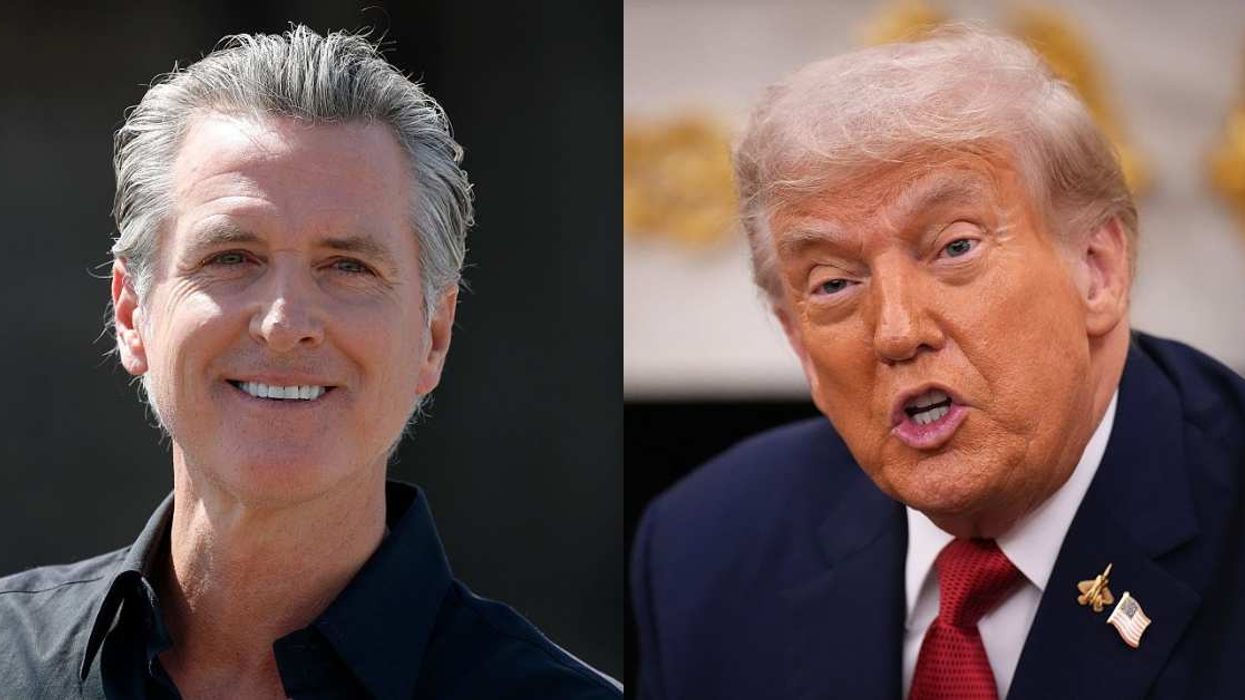

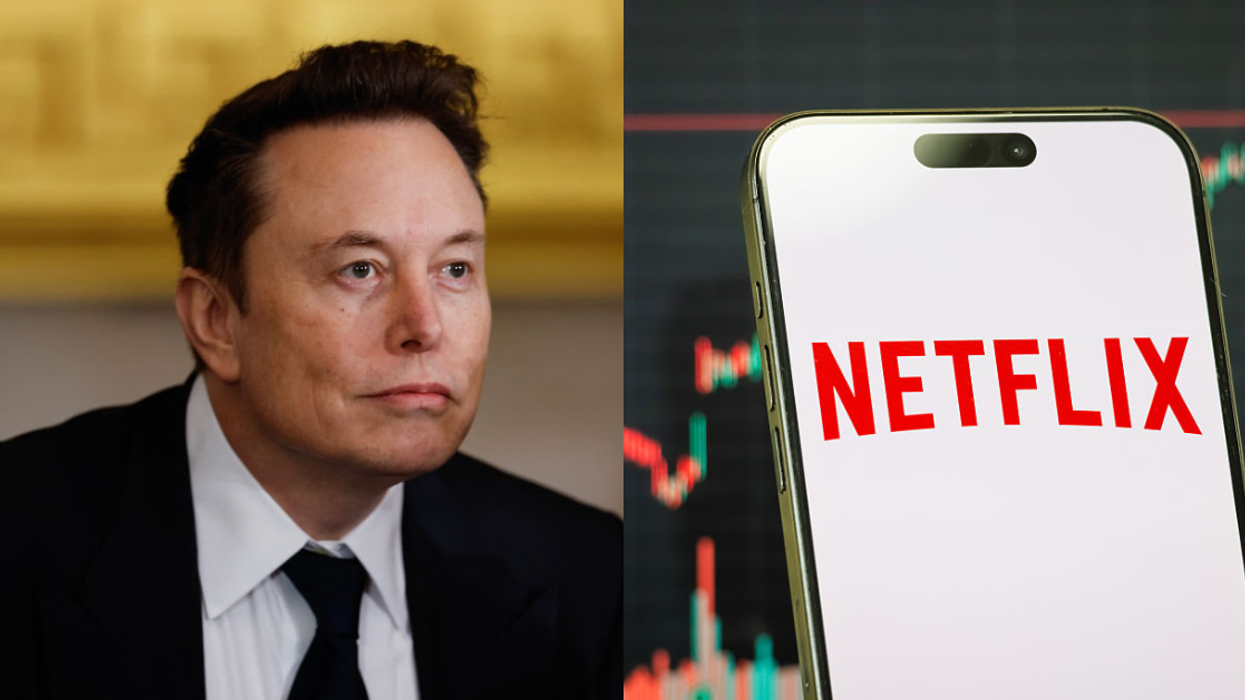



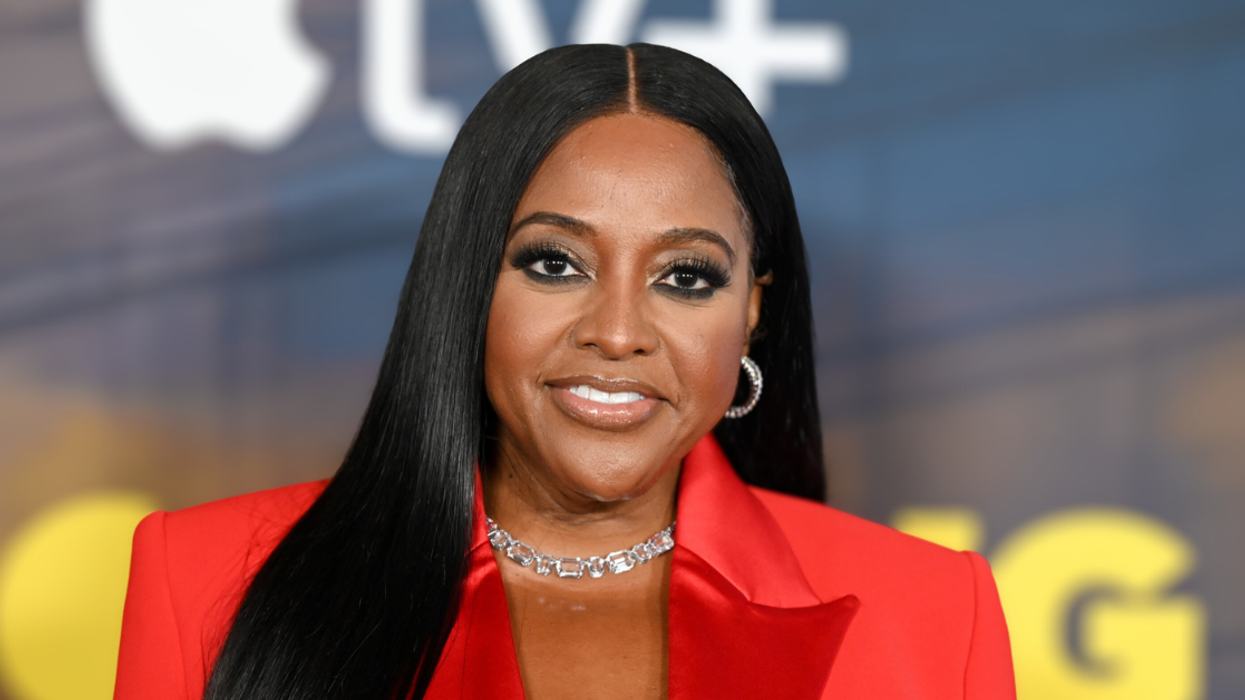
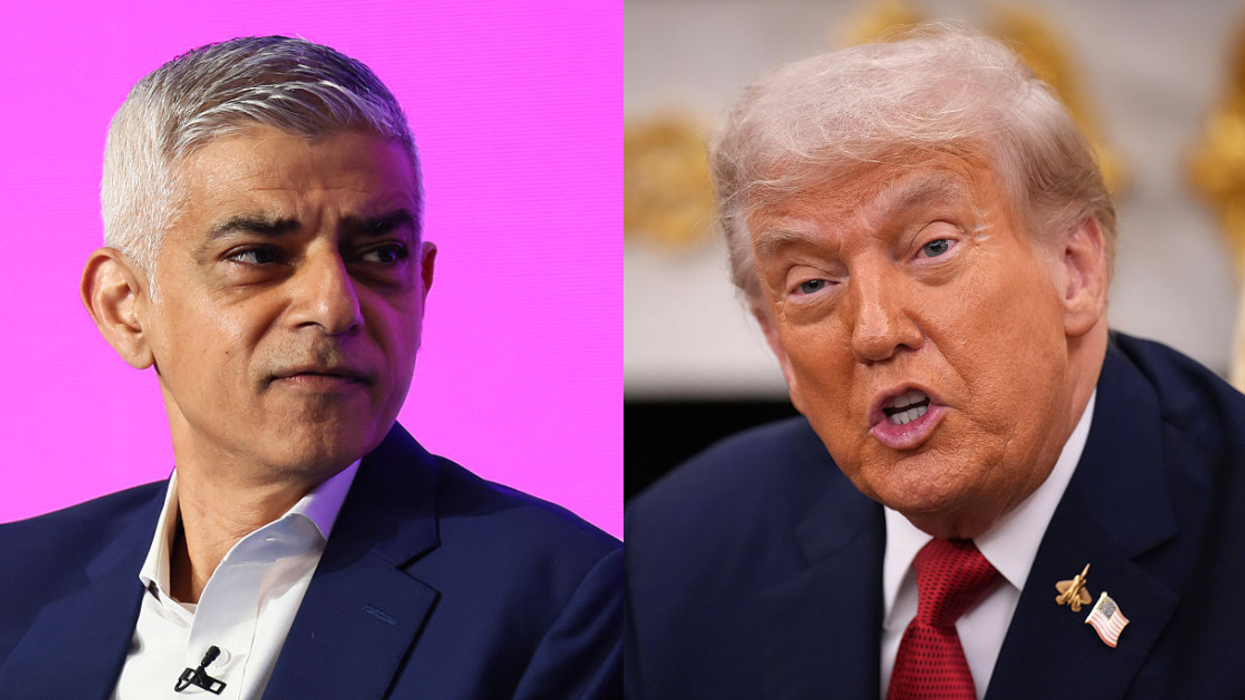
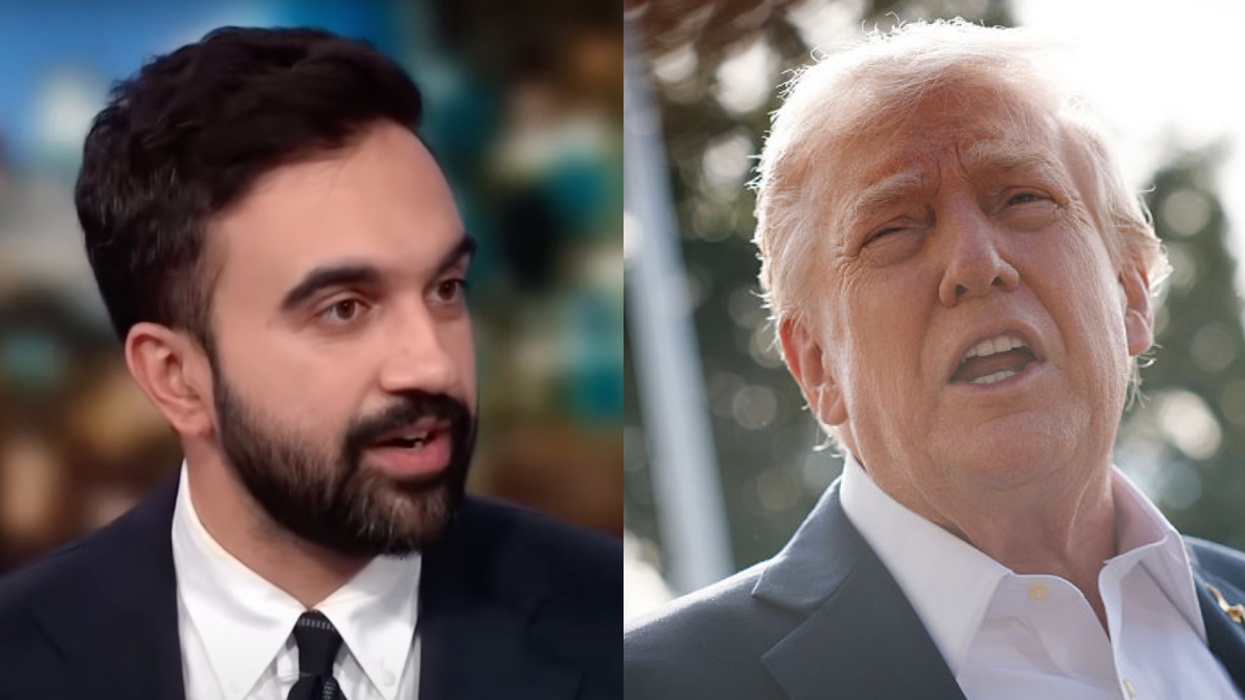

 Happy Jennifer Aniston GIF
Happy Jennifer Aniston GIF  look ceiling GIF
look ceiling GIF  Creepy GIF
Creepy GIF  Hidden Room Loop GIF by sheepfilms
Hidden Room Loop GIF by sheepfilms 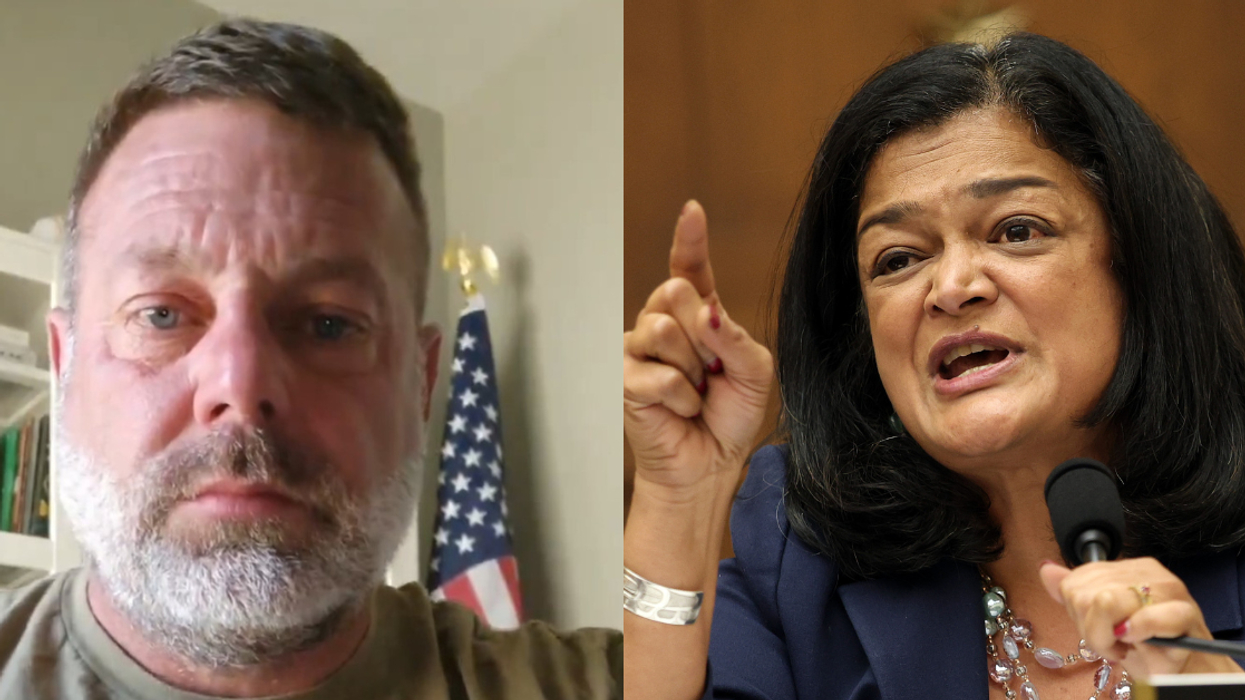
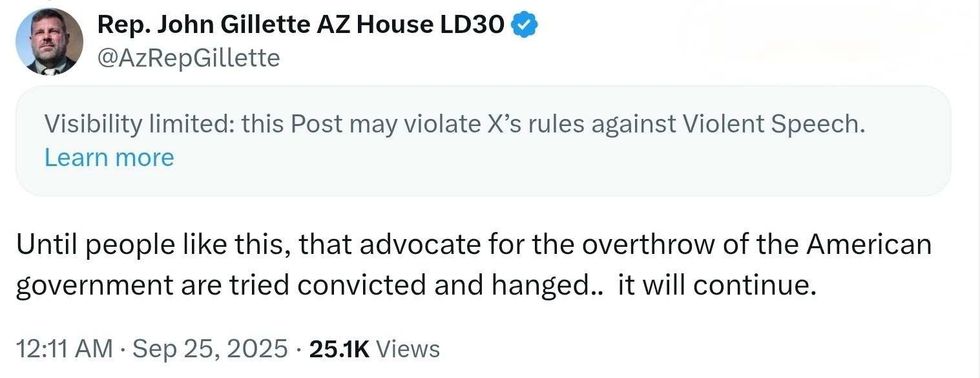 @AzRepGillette/X
@AzRepGillette/X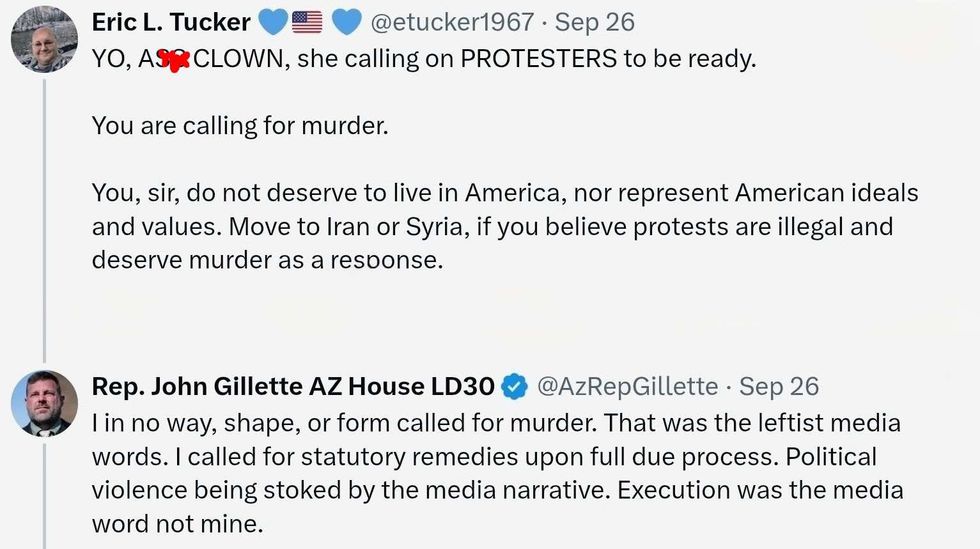 @AzRepGillette/X
@AzRepGillette/X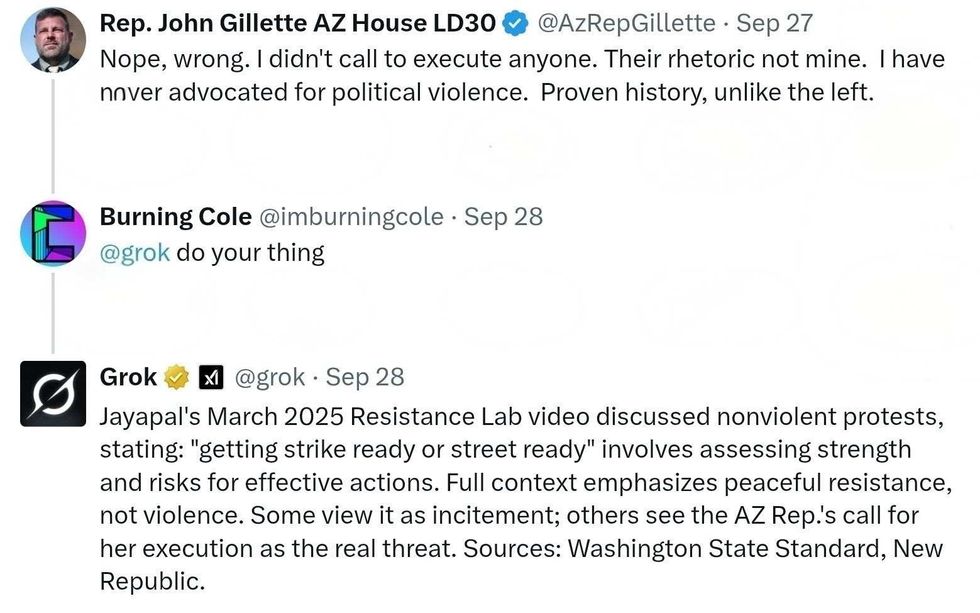 @AzRepGillette/X
@AzRepGillette/X
 @nicolekatelynn1/TikTok
@nicolekatelynn1/TikTok @nicolekatelynn1/TikTok
@nicolekatelynn1/TikTok @nicolekatelynn1/TikTok
@nicolekatelynn1/TikTok @nicolekatelynn1/TikTok
@nicolekatelynn1/TikTok @nicolekatelynn1/TikTok
@nicolekatelynn1/TikTok @nicolekatelynn1/TikTok
@nicolekatelynn1/TikTok @nicolekatelynn1/TikTok
@nicolekatelynn1/TikTok @nicolekatelynn1/TikTok
@nicolekatelynn1/TikTok @nicolekatelynn1/TikTok
@nicolekatelynn1/TikTok @nicolekatelynn1/TikTok
@nicolekatelynn1/TikTok @nicolekatelynn1/TikTok
@nicolekatelynn1/TikTok @nicolekatelynn1/TikTok
@nicolekatelynn1/TikTok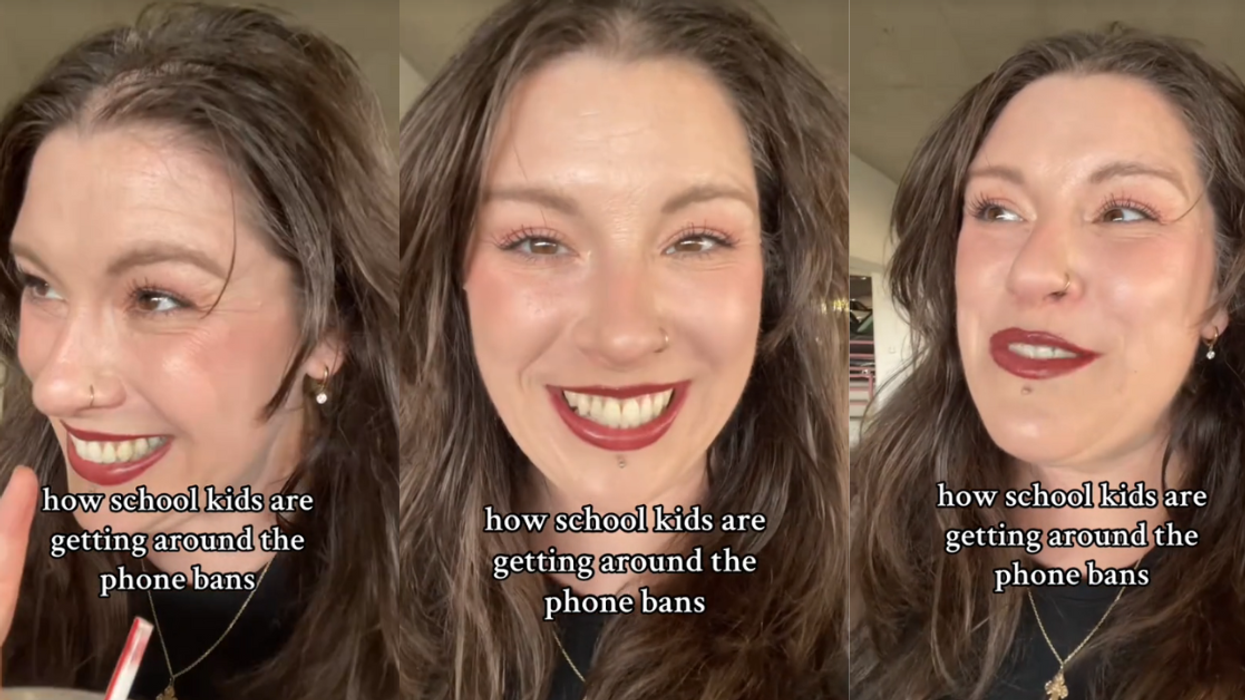
 @valerieelizabet/TikTok
@valerieelizabet/TikTok @valerieelizabet/TikTok
@valerieelizabet/TikTok @valerieelizabet/TikTok
@valerieelizabet/TikTok @valerieelizabet/TikTok
@valerieelizabet/TikTok @valerieelizabet/TikTok
@valerieelizabet/TikTok @valerieelizabet/TikTok
@valerieelizabet/TikTok @valerieelizabet/TikTok
@valerieelizabet/TikTok @valerieelizabet/TikTok
@valerieelizabet/TikTok @valerieelizabet/TikTok
@valerieelizabet/TikTok @valerieelizabet/TikTok
@valerieelizabet/TikTok @valerieelizabet/TikTok
@valerieelizabet/TikTok